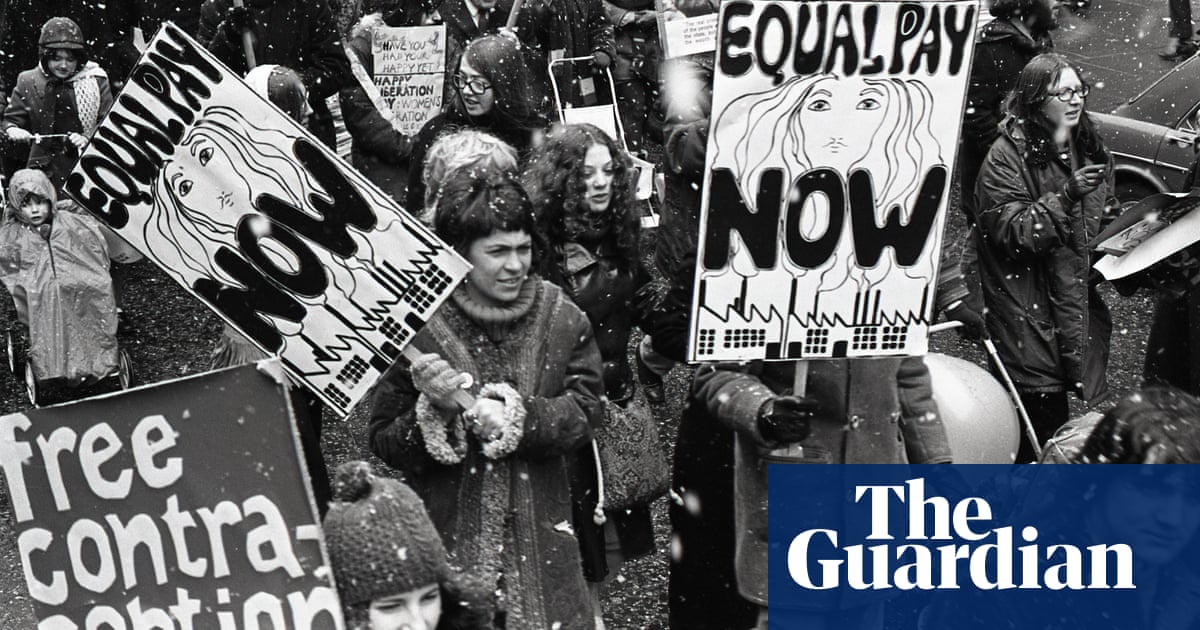
In 2015, one million Syrians arrived in Germany in search of safety. Five years later, I was on a newspaper assignment in Nuremberg, a city to the south of country, documenting the integration of these refugees into German society. This was one of the examples where everything had worked out brilliantly.
On the right is Malak. When she arrived in Germany, she didn’t know a word of the language. It was really hard but she worked like hell to learn and build a new life. Five years later, she had managed to put herself right through secondary school. This is from her graduation day.
That’s when I first met her and her family. It was the summer of 2020 and lockdowns had only just begun to ease across Europe. The school had built a stage outside because of fears of infection. They called each student one by one to receive their certificate. All of Malak’s family who made it to Germany were there, and they livestreamed the ceremony for their uncles and aunts who remained in Idlib, northwestern Syria.
This was just after she had received her diploma. You can see her mother filming everything and her sister completely overcome. It’s hard to explain how much this meant to them. Many of the uncles and aunts who remain in Idlib still live in great danger. To have this success – and to be able to share it with her immediate family and those halfway across the world – was so special.
This was one of those assignments where I went in with few expectations, but lucked out and found this extraordinary person. We interviewed her before the ceremony, so when I came to take this, I felt I had a sense of her character. I’ll always remember the moment I met her: she was wearing this beautiful purple dress, silver heels and the biggest smile, clearly so proud of herself and so happy to be there.
It was so important to capture this joy, because behind it lay so much strength. These three women fled Syria on their own and built a beautiful life for themselves. Only later did Malak’s father and youngest brother join them. It’s so rare to see stories of strong Muslim women in western media. It felt important to tell their story. Not everyone has flourished in the same way, however. Lots of Syrian refugees have struggled to find work and put down roots. And a lot of Germans seem to forget that part of the problem is the rules and restrictions that stop refugees from traveling freely.
My camera gives me the opportunity to meet people and build some form of relationship. I don’t like fast journalism. Of course, sometimes it’s not possible to talk to subjects for years, or follow up with them down the line, but I always make time to get to know them before I shoot. I want it to be more of an encounter. And I hope that’s what this shows: a beautiful, intimate moment that also tells a larger story about the world.
I stayed in touch with Malak and managed to meet her again a year later. She’s now studying medical engineering. Things were hard for her – starting in the middle of a pandemic meant she didn’t get to meet many of her classmates face to face – but I have no doubt she’ll do well. She’s an amazing young woman.
Marlena Waldthausen’s CV
Born: Germany, 1987.
Trained: Photojournalism and documentary photography at the University of Applied Sciences of Hanover. And De Volkskrant, the Dutch daily newspaper.
Influences: Alessandra Sanguinetti’s Guille and Belinda.
High point: “The unexpected beautiful encounters this work brings.”
Low point: “Covid, which put most of my projects on hold.”
Top tip: “Just do.”
Marlena Waldthausen is shortlisted in the portfolio category of the professional competition for the Sony World Photography awards 2022. The exhibition runs until 2 May at Somerset House, London












